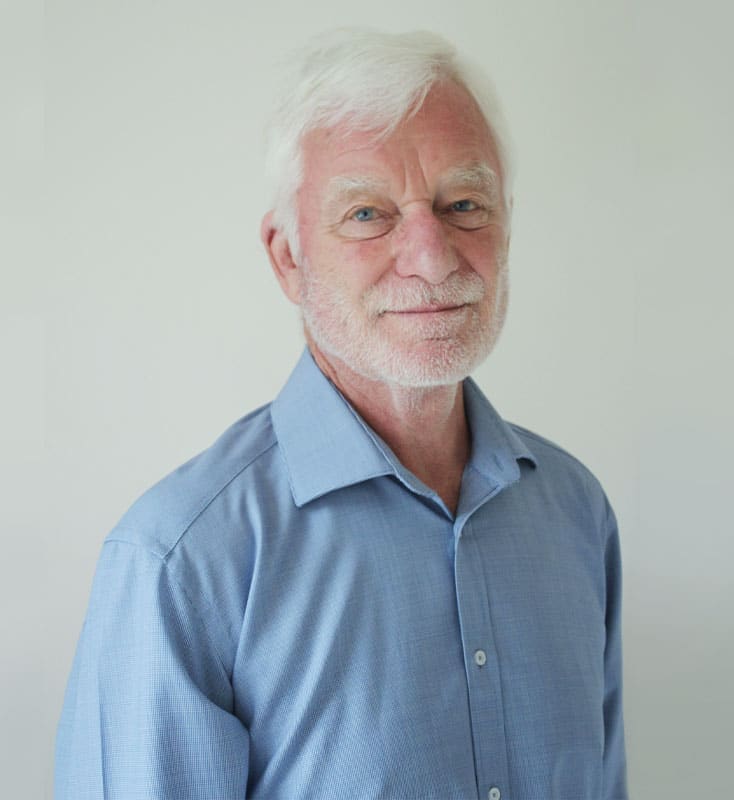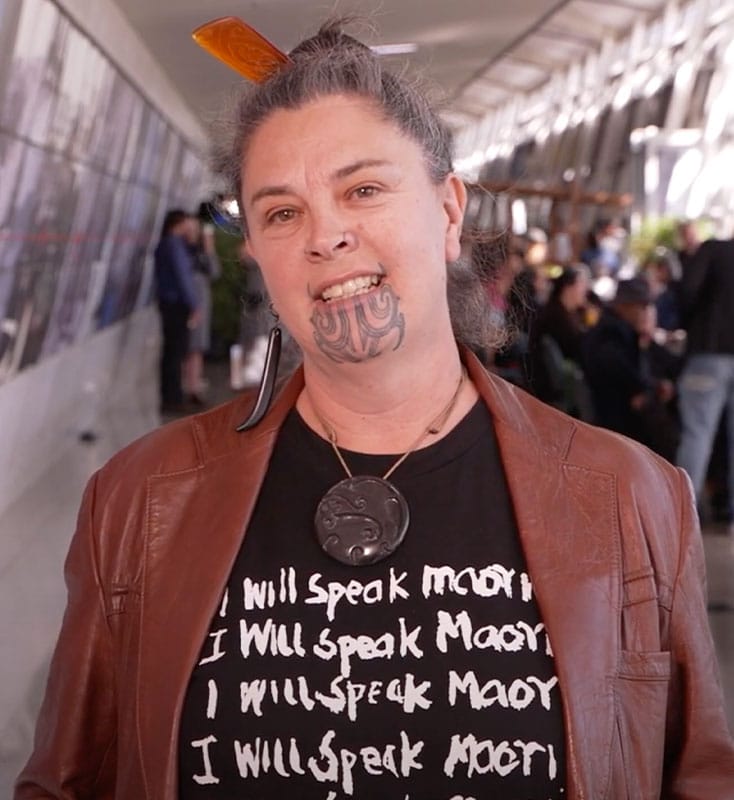Kake, J.
Economic Homelessness Land
Parity, 29(8), 8-10
2016
Read Publication
Kake's paper analyses the factors contributing to the overrepresentation of Māori in New Zealand's urban homeless population.
Kake begins by outlining the definition of homelessness as per Statistics New Zealand, and then moves to discuss the impacts of colonisation, which dispossessed Māori of their lands and adversely affected their cultural, language, identity, and economic development. The paper highlights the significant reduction in Māori land ownership post-Treaty of Waitangi and the introduction of legislative mechanisms that further alienated Māori from their lands. The shift from rural to urban living for many Māori, accelerated post-World War II, is discussed as a states-sponsored project, intended to alienate Māori from their lands while providing labour for the urban economy. This migration led to housing being provided through various government schemes, which, however, did not cater sufficiently to the cultural and communal needs of Māori people. Kake explores the concept of ‘spiritual homelessness,’ where disconnection from tūrangawaewae leads to a state of physical and spiritual homelessness, a reality for many urban Māori. The paper also examines social exclusion and the fragmentation of identity experienced by urban Māori, suggesting that the solution to Māori homelessness is beyond just building houses; it is about rebuilding cultural and communal connections.










